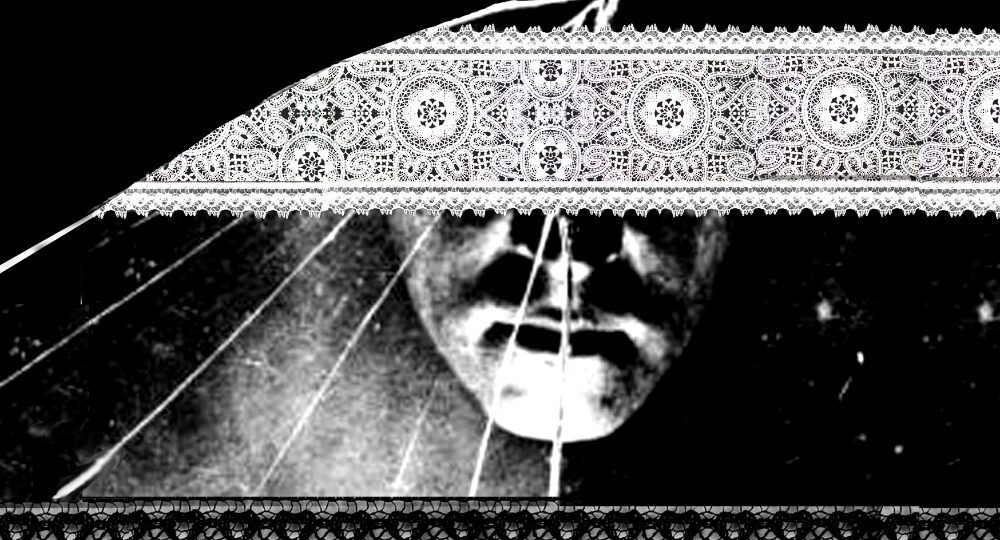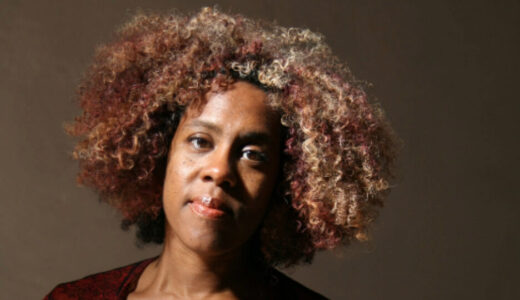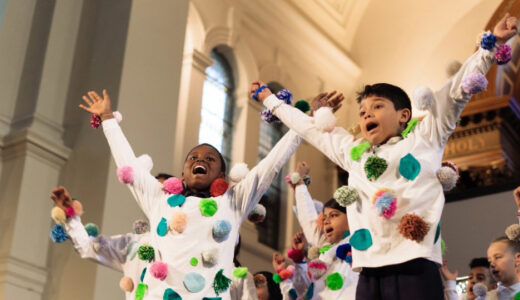
20/04/18
Laurence Osborn on The Mother
The man behind our upcoming world premiere staged concert, The Mother, shares his thoughts on the process of its creation. From the draw of Witkacy's writing, to parrallels with his own life, to the universality of the new operas themes, Laurence Osborn explains The Mother in his own words.
'I wrote Act II of The Mother at a desk in my mum’s living room. This is because, like Leon, the opera’s protagonist, I spent most of my twenties living with my mum in the flat I grew up in. The co-habiting relationship between an only child and a single mother has a long and complex structure. It develops from morose lop-sidedness during childhood, to burning symbiotic madness during adolescence, before beginning to cool and fade into a sort of red dwarf during the late teens. By the time I reached my early twenties, my mum and I cohabited in a fog of the kind of exhausted but cheerful mutual respect that one might see in a glance between two old jazz musicians who have been drinking and performing in the same bar together all their lives. This fog began to clear as I reached my mid-twenties, replaced by a peculiar claustrophobia that didn’t disappear until I could afford to move out. At 25, I felt physically too large for the space, my footsteps too loud, and my movements too clumsy. Plates that had been ‘things for eating from’ became ‘things to avoid breaking’. I began to perch on the furniture that I used to lounge all over, rationing out meagre portions of my arse on the cushions. For the co-habiting grown-up only child of the single mother, your twenty-fifth year marks the magical point at which you realise that the place that you thought was your home actually belongs to someone else, and always has done. This moment of outgrowing is the moment at which Witkiewicz’s The Mother begins.
At the heart of Witkiewicz’s The Mother - behind the extraordinary innovations in dramatic form and quasi-prophetic political invective - is a strikingly sensitive portrayal of the relationship between a single mother and only son who have outgrown one another but continue to cohabit. The fabulous wrongness of the situation is beautifully observed, and then blown out of all proportion. In Leon’s mother’s living room, childhood and adulthood collide constantly, and messily: she makes him macaroni, they scream at each other, he announces his engagement, they hug and kiss, she sings to him, he gives her a lecture, he destroys her work, they take cocaine together, and so on, all while the (imaginary?) voice of Leon’s dead father bellows at them intermittently from offstage. It feels as if their relationship, warped and degraded through years of forced codependence, has begun to glitch out and spew random fragments of history all over the place, much like a computer does when it’s on its last legs. I chose to make Leon a countertenor because I thought that the countertenor’s registral proximity to the mezzo-soprano of the mother, and the possibilities for their voices to blend with and buzz against one another, would emphasis the toxic co-dependence between the two characters. (I worry privately that people will think I made Leon a countertenor in order to infantilise him, so it’s nice to have the opportunity to say that isn’t true before the 25th April.) In spite of its extremity, The Mother has an emotional directness and intimacy that many of Witkiewicz’s other plays don’t have - qualities that made Freddie, Theo, and I want to turn it into an opera. While the relationship between Leon and his mother resonates with me on an personal level, there is also a universality to the play that makes it stand out: everyone has felt the combined sweetness and toxicity of a relationship like the one between Leon and his mother. Theo encapsulates this relationship in a line from the mother’s aria in Act II: “We have to love one another/if we can’t bear it, we have to learn to”. This line communicates that there is something ferociously active about familial love. Mothers and sons and sisters and fathers strain towards one another’s love like plant stems strain towards the light. Families of people, however small or strange, cling to each other as they hurtle through time. In The Mother, Leon and his mother cling to each other as everything around them is gutted, washed out and emptied of meaning, even as the fabric of the play begins to warp and buckle at the end of Act II. Leon is still clinging to his mother when it is revealed that she is just a mannequin made of straw at the end of Act III.' - Laurence Osborn
Recent Posts

23/01/25
Various Stages | News | Meet Me @ Mahogany | Events & Performances
Meet Me @ Mahogany: Participation On The Move

16/10/24
News | Meet Me @ Mahogany | Recruitment | Events & Performances
Meet Me @ Mahogany: Open Call Opera

10/04/24
Commissioning | News | Events & Performances







